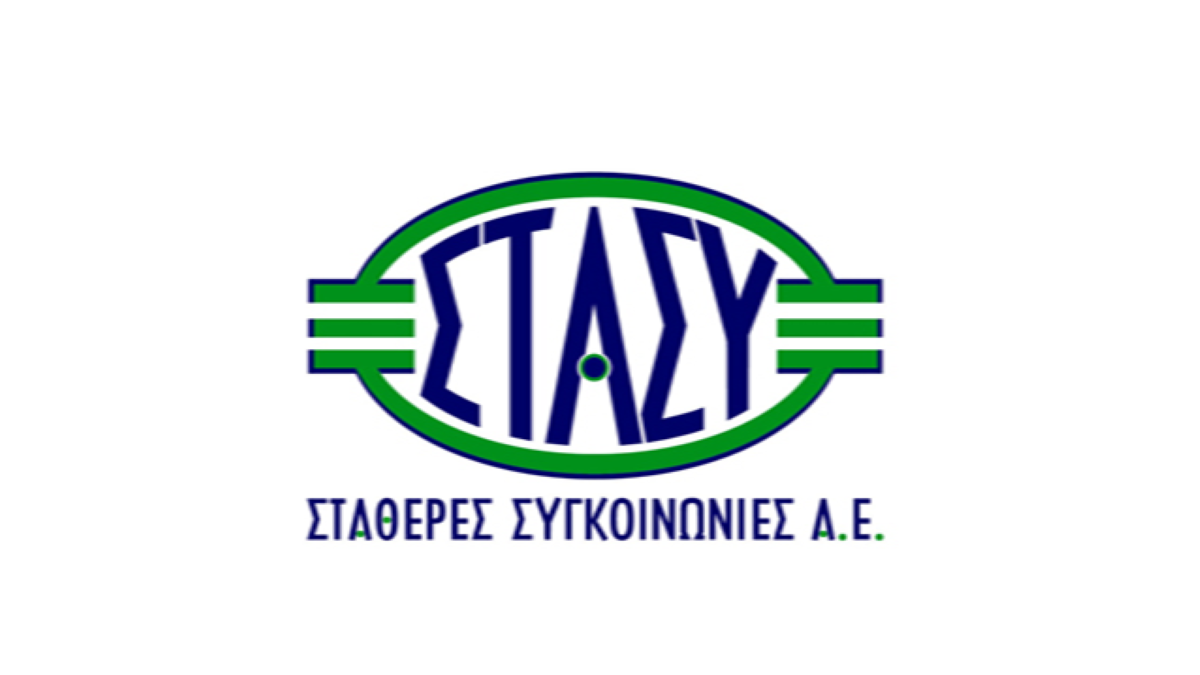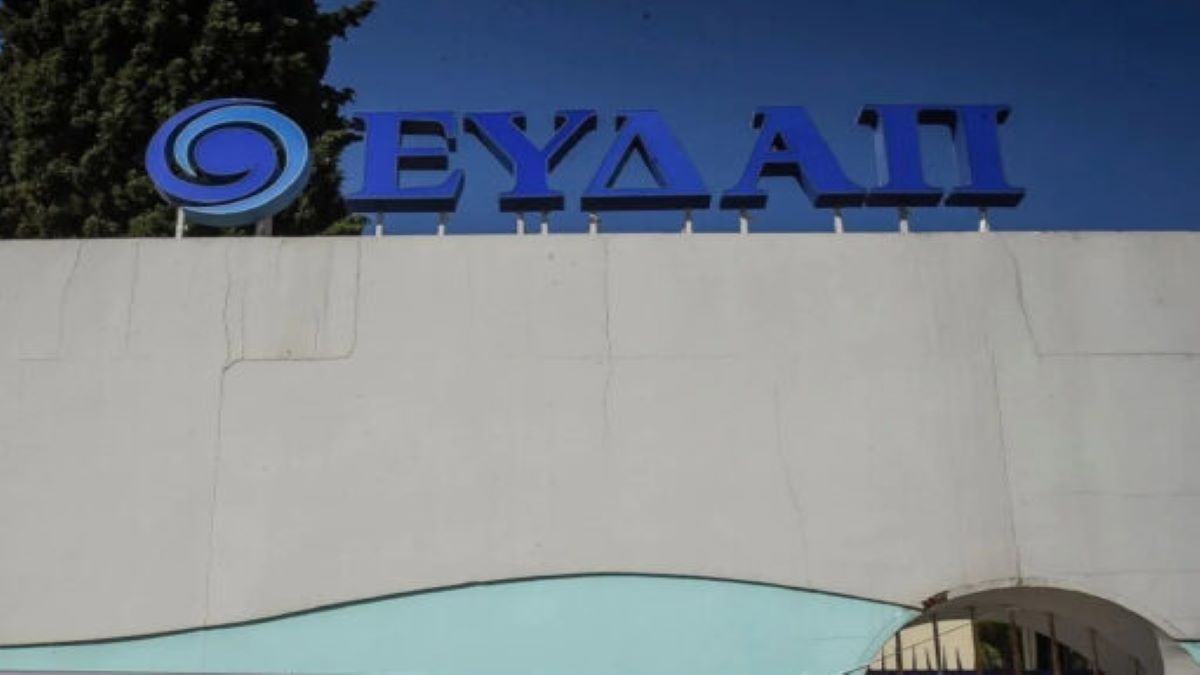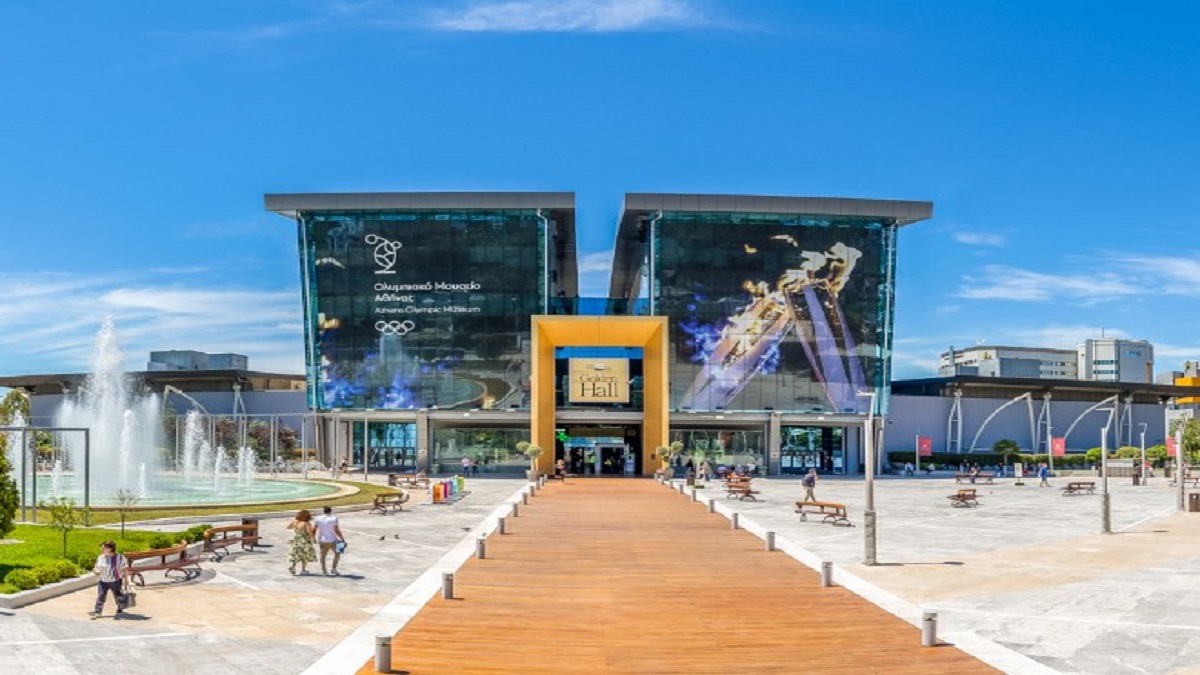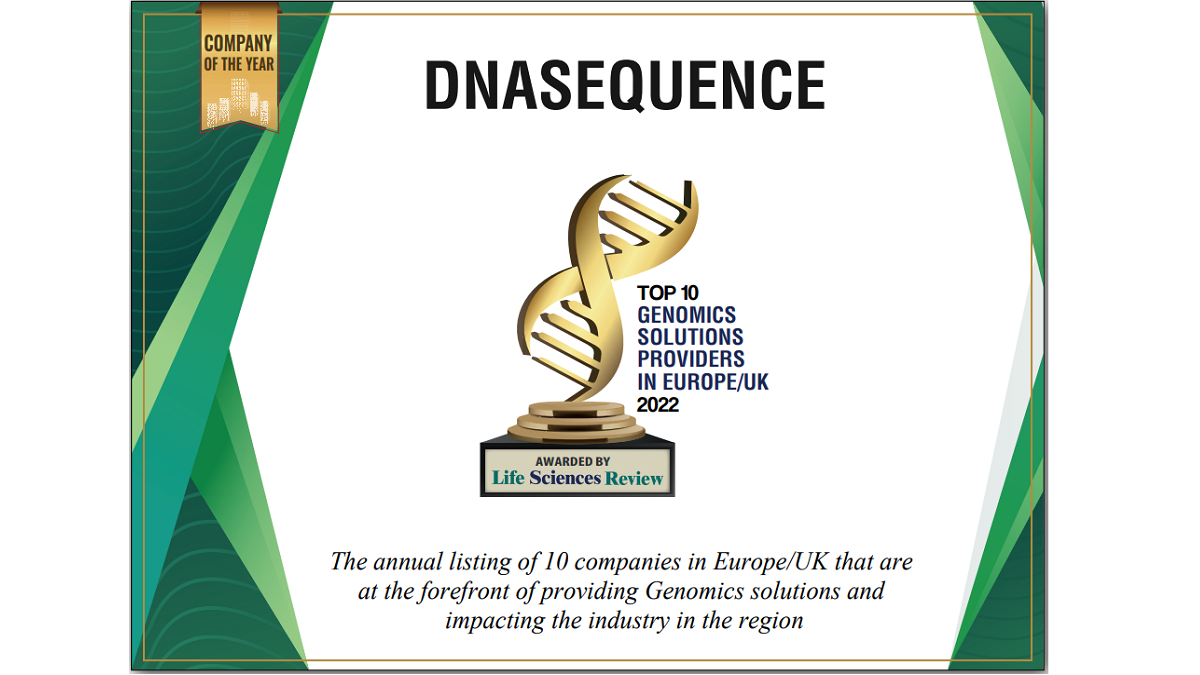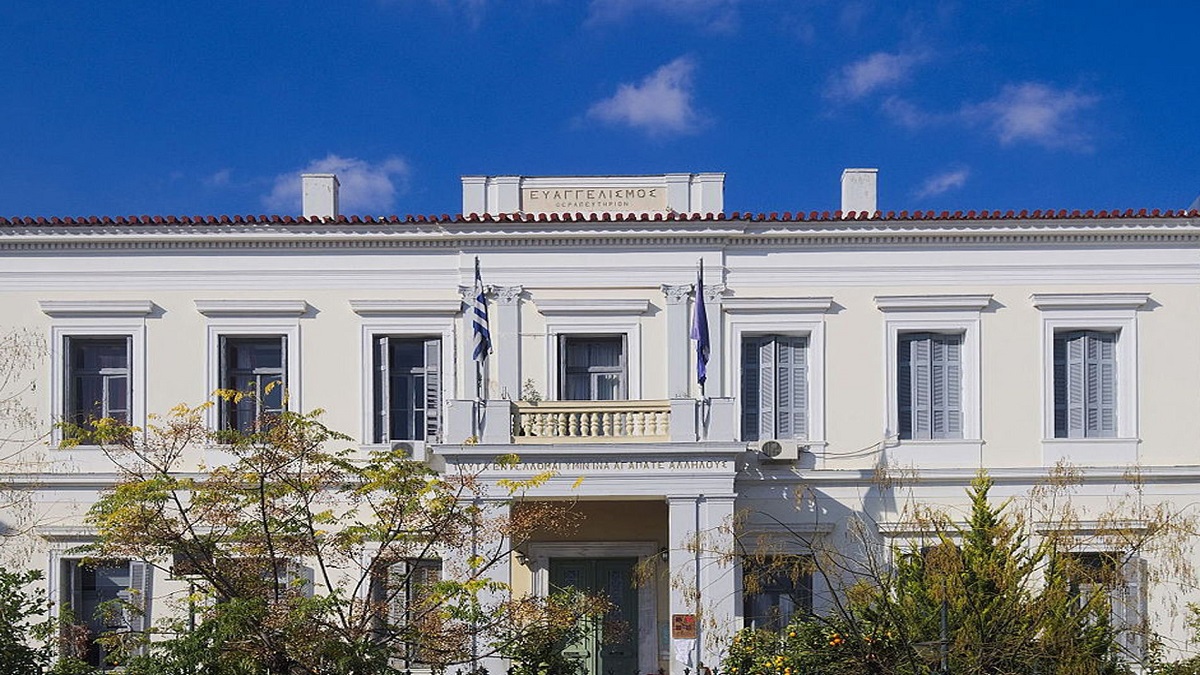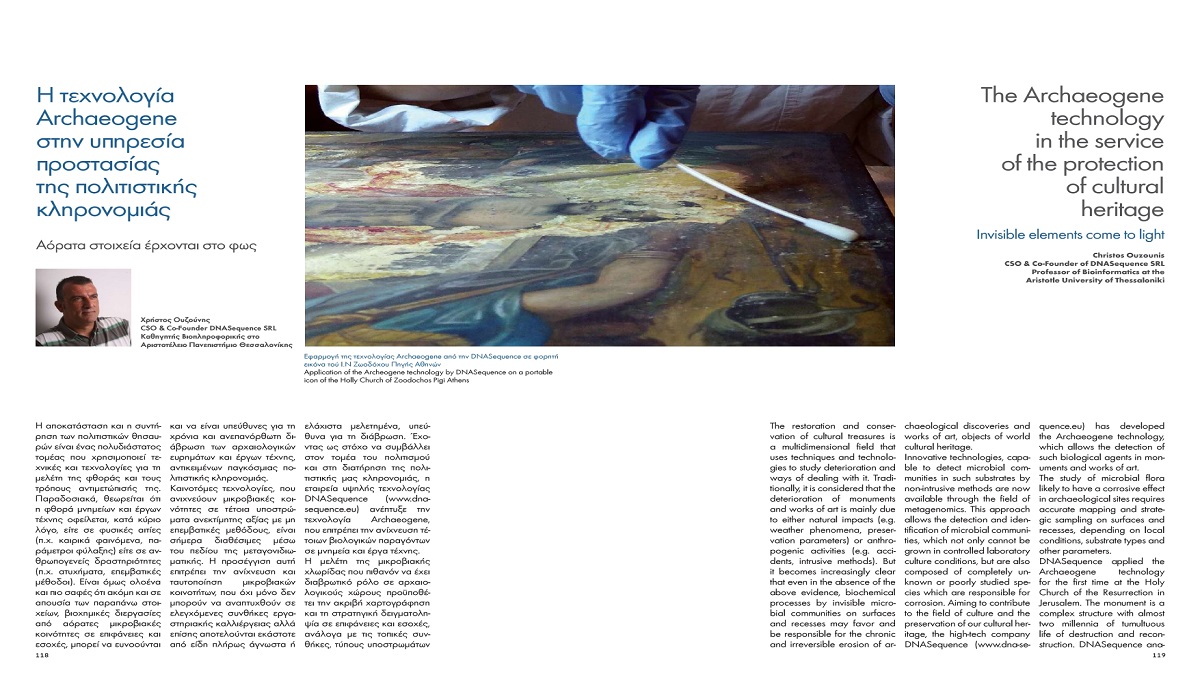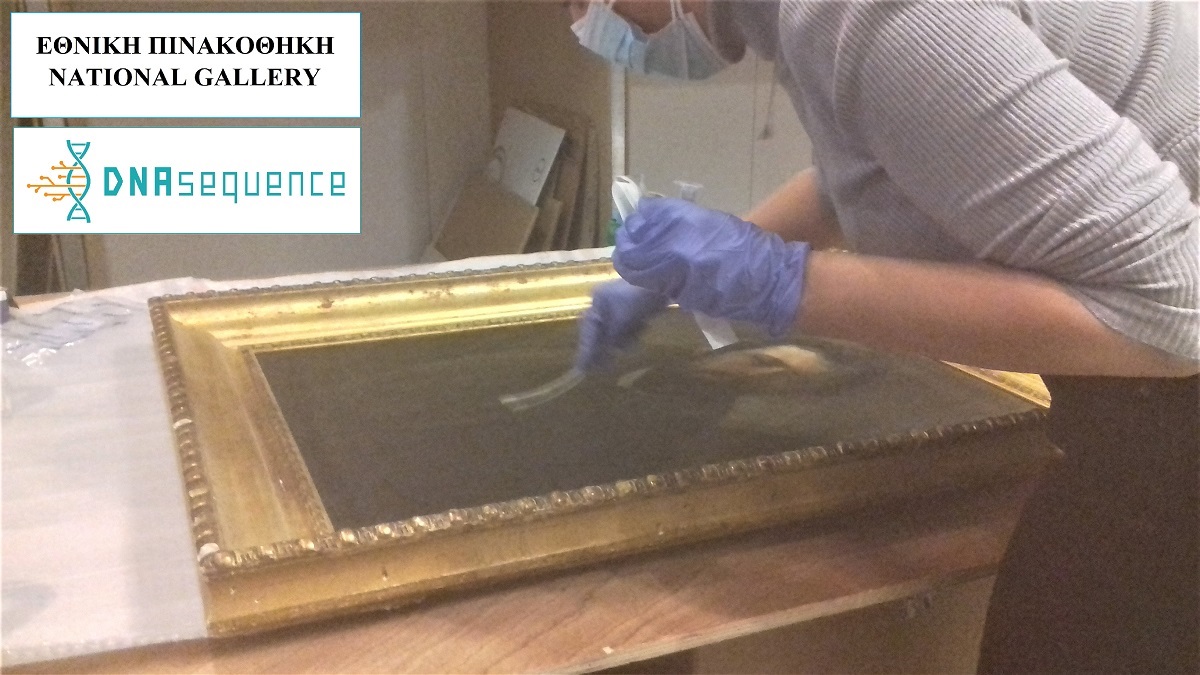DNA SEQUENCE, with a sense of responsibility and respect, listening to the needs in the field of the conservation of cultural goods and our cultural heritage in general, is pleased to announce the realization of a project, in collaboration with the Conservation Department of the National Gallery, on the study of the identification of microbial diversity in a cultural asset, and specifically in a work by Konstantinos Maleas (1879-1928). DNA Sequence, on samples obtained in a non-invasive way, carried out an analysis of the microbial footprint on the surface of the work, using metagenomic and bioinformatics methods.
The generated results of the metagenomic analysis of the samples taken provide an insight into the microbial footprint of the panel. The results of the analyses provided us with information to enable the assessment of the microbial status of the project, the correlation of the microbial biodiversity developed between the different surfaces and the definition of a biological reference point as a comparison of future samples taken from the same panel after the restoration works.
DNA SEQUENCE would like to thank the National Gallery for their trust and cooperation.
